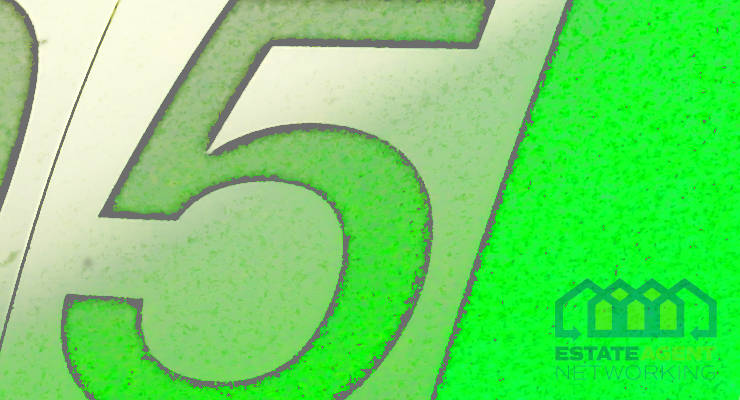5 tips on what to look out for when buying a house
Buying a house is an extraordinary event even for a rich person, and most of us only buy it once or twice in our lives. To make sure buying a home yourself won’t turn into a disappointment, remember the 5 important considerations below.
1. Extra costs
It is a good idea to calculate the budget for various extra costs before looking for the right property. The cost of the house is not everything. There are additional fees for state and municipal fees as well as lawyer and estate agent fees. The amount you need to pay varies depending on the value of the house and whether it’s your first time or not. For example, if this is your first home, you will only pay stamp duty if it is worth more than £300,000. In general, these extra costs represent between 1/10th and 1/5th of the house price, so it’s important not to overlook them – unless of course you’ve hit the jackpot at one of the non gamstop casinos and can now afford to buy whatever you want without worrying about the costs.
2. Defects and malfunctions
Any property owner wants to present their house in a presentable state, and it can be hard to see rusty pipes or a leaky roof behind freshly whitewashed walls and clean rooms. And you have to, because after the sale is finished, the seller is no longer responsible for anything, and faults or defects become the hapless buyer’s problem. Just as a seasoned player studies the pros and cons of a new casino with https://www.nongamstopsites.co.uk/free-spins/ , examine a home during a free inspection to see if there are any issues that could cost a pretty penny to fix, from loose roof tiles to rotten window frames. Don’t be too anal about it and ask the salesman how old the pipes are, when the gas boiler was installed and what year the repairs were last carried out. This may seem like a bit of a hassle or require professional help, but if there are hidden defects, you will have an argument to get the seller to lower the price.
3. Neighbourhood and neighbourhood
The proximity of shops and pubs, the busyness or sparseness of the street, the distance to the train station or other public transportation, all greatly influence the quality of life and so it is imperative that you survey the neighbourhood. If it is in a city, it should be done at different times of day because the same street can be quiet at midday but noisy and congested with cars at rush hour. It is very important for country houses to be located in an area that has not suffered from flooding, because insurance companies are extremely reluctant to insure previously flooded houses, and if you can not get insurance, you will not be given a mortgage. If your house is on the sea front, another danger is that coastal erosion could cause your new home to be too close to the cliff’s edge.
Another important consideration is the people living nearby. Noisy or aggressive neighbours can be a source of problems, so check with the seller for information about them.
4. Type of house
One and the same type brick houses can seem banal and devoid of personality, but any unusual houses should be treated with caution. Houses made of clay, wood or concrete have low liquidity, which means that if you need them, it will be very difficult to sell them. And if you decide to settle in the house – a monument of architecture, be prepared for the fact that you can not change anything in it to your liking, even the window frames. The trendy and picturesque converted lighthouses, windmills, pubs, etc. also have a downside – they are difficult to get a mortgage on.
5. Property
As there are only two forms of ownership in Britain, they are not difficult to remember. Freehold – the unconditional right of ownership, which means that the owner of the house also owns the land on which the house is built. On the one hand, he is responsible for maintaining not only the building but also the land, and must therefore budget for these costs, and on the other, he need not worry about the fact that the lease expires. Leasehold means that you own the house but not the land on which it is located: the land remains in the possession of the landlord and you use it on a temporary lease. If the house is on a leasehold, you need to know exactly when the lease expires, especially if you want to take out a mortgage for 25 years: in this case, the lease must be at least 50-55 years old.
So the process of buying a house is not without its pitfalls, but in principle there is nothing particularly complicated about it. If at any time you feel you are not competent enough, seek professional advice: better to pay £300 now than lose many thousands later.









